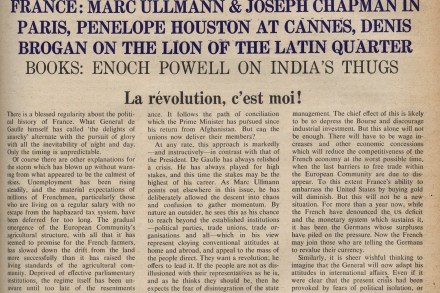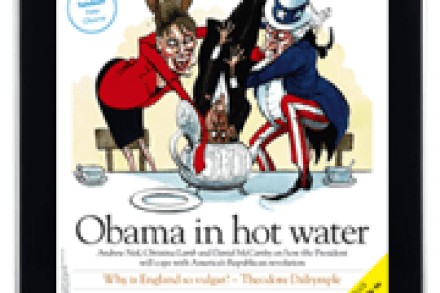From the archives: The student protests of ’68
No, not Paris, but the University of Essex – where, in early to mid-1968, students rallied angrily against Vietnam and all that. The situation was aggravated when three students – including David Triesman, later Lord Triesman – were summarily suspended from their studies, and The Spectator duly dispatched a correspondent to investigate. The resultant article came in the issue dated 24 May 1968; a few pages on from an editorial headlined “How to deal with the student problem”, and alongside coverage of events in France. Here it is: The truth about Essex, Ian MacGregor, The Spectator, 24 May 1968 The first thing that strikes you about Essex university is the



















